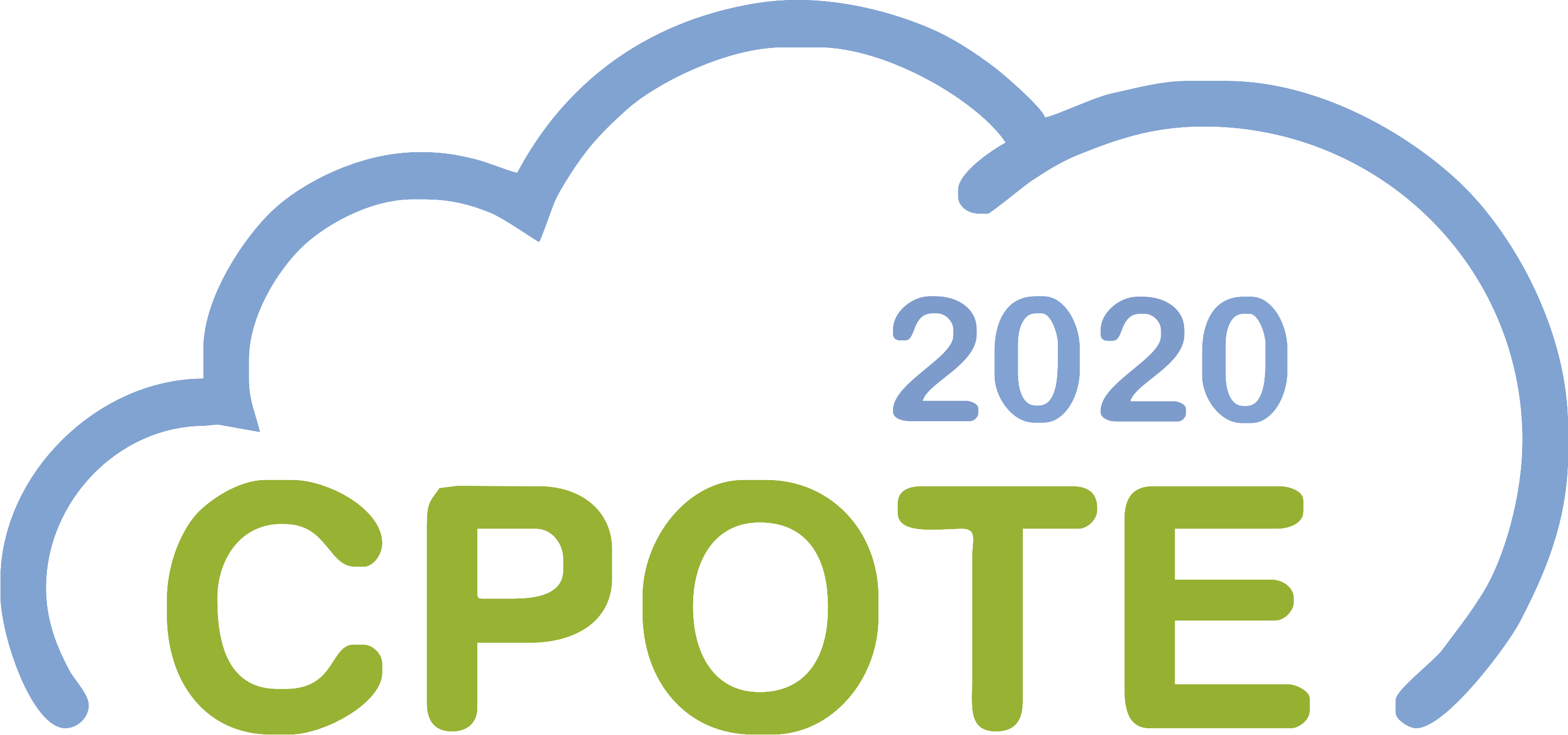
CPOTE2020
6th International Conference on
Contemporary Problems of Thermal Engineering
Online | 21-24 September 2020
6th International Conference on
Contemporary Problems of Thermal Engineering
Online | 21-24 September 2020
Abstract CPOTE2020-1033-A
Book of abstracts draft












Effect of operation under lean conditions on NOx emissions and fuel consumption fueling a SI engine with hydrous ethanol–gasoline blends enhanced with synthesis gas
Ahmed AL-HARBI, King Abdulaziz City for Science and Technology, Saudi ArabiaAbdullah ALABDULY, KACST, Saudi Arabia
Abdullah ALKHEDHAIR, KACST, Saudi Arabia
Miqad ALBISHI, KACST, Saudi Arabia
For the purpose of creating a clean environment, achieving higher efficiency, and complying with strict regulations aimed at protecting the globe, many methods have been used to reduce SI engine emissions. One of them is to operate the engines at lean air/fuel ratios. In this study, the effect of a hydrous ethanol–gasoline blend along with adding synthesis gas (syngas) on Spark-Ignition (SI) engine emissions and fuel consumption was investigated under lean conditions of combustion. A two-cylinder internal combustion engine was operated at different fixed lean and ultra-lean modes (λ =1.13, 1.26 and 1.46). The engine was fueled with blends of gasoline available in the Saudi Arabian market with octane numbers RON91 and RON95, mixed with 5% and 10% (HE5 and HE10) of hydrous ethanol containing different water concentrations (5%, 10%, 30%, and 40%). An onboard plasma fuel reformer was used to generate hydrogen-rich syngas via the partial oxidation of gasoline. The syngas was then injected into the engine intake manifold, where it was mixed with intake air to enhance combustion under lean conditions. The results revealed the evident effect of operating under lean conditions on reducing the NOx emissions. The lowest NOx emissions were noticed at λ = 1.46. Moreover, adding the syngas to the fuel mixture resulted further reduced NOx emissions. The fuel consumption increased with air-fuel ratio when lean conditions were established.
Keywords: Fuel reforming, Syngas production, Ethanol, Emissions, Plasma
Acknowledgment: The authors acknowledge the financial support from the Water and Energy Research Institute, King Abdulaziz City of Science and Technology. Project No. 33-906 “Development, construction and delivery of on-board plasma based fuel reformer for higher IC engine efficiency”.